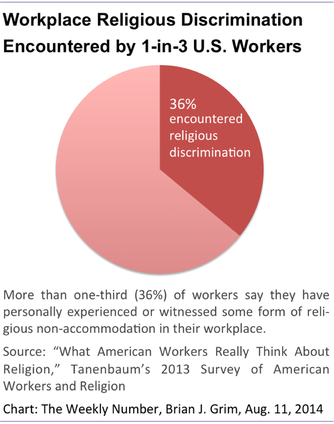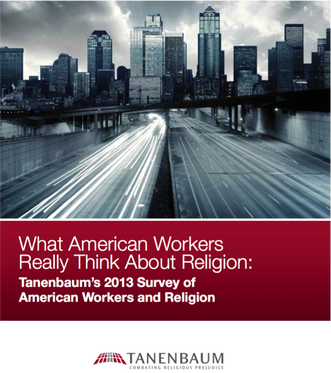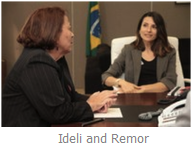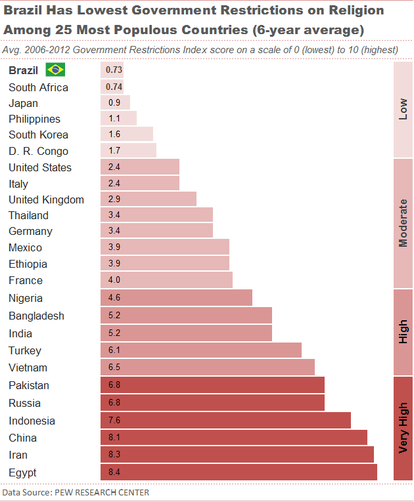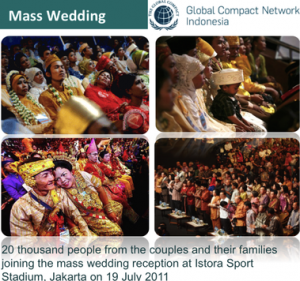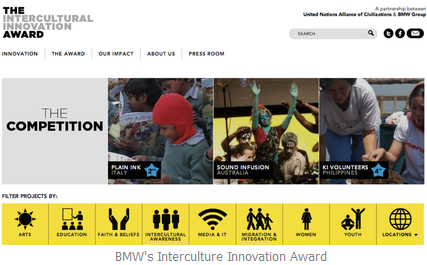
Melissa E. Grim, Case Studies*
For luxury carmaker BMW, intercultural understanding is more than just a nice sentiment, it’s “an essential part of our daily work,” says Bill McAndrews, the company’s Vice President for Communications. Indeed, since 1997, BMW has been actively promoting cooperative dialogue between different cultures.
One reason for BMW’s emphasis on cross-cultural dialogue and cooperation is the nature of its business. The carmaker may famously be headquartered in Germany, but its business is truly global, with 28 production and assembly facilities in 13 countries and a sales network in more than 140 nations.
The importance of intercultural understanding has led BMW to help found the Intercultural Innovation Award. Created in partnership with the United Nations Alliance of Civilizations (UNAOC), the award provides financial and other support each year for ten nonprofit organizations that are promoting intercultural dialogue and cooperation around the world.
McAndrews says that the award enables BMW “to highlight some of the wonderful cross-cultural work being done worldwide.” The BMW Group’s commitment to the awardees extends beyond financial support and includes other resources, such as helping winning organizations become part of a global network of organizations working for intercultural and interfaith understanding. McAndrews emphasizes that “this can make the crucial difference in turning an idea into a practice that enriches peoples’ lives.”
Helping Muslim Youth in the Philippines
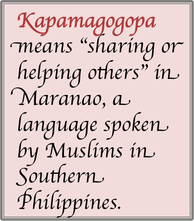
One recent Intercultural Innovation Award winner is Kapamagogopa (KI), an organization that aims to promote religious understanding in the Philippines, where tensions between the nation’s Muslim minority and its Christian majority have led to violence and other problems. KI mobilizes young Muslims on the island of Mindanao to work as volunteers for non-Muslim organizations. By bringing Muslims into non-Muslim settings, KI aims to combat anti-Muslim bias from the majority Christian population and give young Muslims a sense that they can take positive steps to change to their lives.
KI also provides Muslims experience in working with foreign organizations. For instance, one KI volunteer, Nohman Khalil, worked with Forum ZFD, a German NGO that develops tools for dealing with violent conflicts. Khalil was able to help ZFD’s consultants gain an insider’s understanding of religious tensions in Mindanao. He thinks his greatest contribution was assisting in a project to integrate peace education into teacher training courses.
For Khalil, the job was a challenge. “Apart from it being the first time that I was far from home, my biggest challenge is that I was the only Muslim in the office,” he said, adding: “There were lots of new situations for me to deal with.” However, he considers his time at ZDF a great success. “They have made me feel very welcome,” he says. “I do not feel like a volunteer but like a member of staff.”
UN Secretary General Ban Ki-moon praised KI, stating that the project “is addressing a long history of Muslim-Christian violence by forging communications, job creation, and promoting employment.”
Giving a Voice to the Voiceless in India

Another recipient of the BMW/UN award is the Chintan Environmental Research and Action Group, an Indian NGO that has begun a recycling project in New Delhi to promote understanding between the lower caste garbage-pickers and those in the higher castes who produce much of the waste.
Across hundreds of cities in the world – ranging from Rio de Janeiro to Istanbul, and Lahore to New Delhi – tens of millions of waste-pickers spend their days sifting through garbage in the hope of feeding themselves and their families on others’ trash. In urban India, this trash recycling is undertaken by abjectly poor, mostly low caste and marginalized migrants, often at great risk to their own health.
Hoping to bridge the gap between trash-pickers and trash producers, Chintan organizes trash recycling projects in the city’s high-rise offices and encourages the higher caste residents to volunteer at charities that assist the waste-pickers. The idea is to make these largely invisible lower castes visible.
Bharati Chaturvedi, the founder of Chintan, is helping to transform the image of those who work in the Delhi garbage dumps from “waste-pickers” to “environmentalists.” Chintan does this by organizing waste-pickers into teams who approach individuals at train stations with an appeal for them to sign a pledge to stop littering. Perhaps this is a small step, but it is a significant way to make this formerly invisible community more visible and better understood.
Promoting Understanding Through Tourism in the Holy Lands
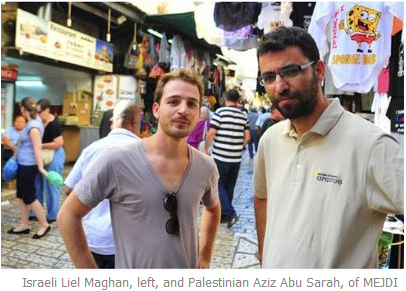
Another award winner, the Middle East and Justice Development Initiative ( MEJDI Tours ), is bringing Jews and Arabs together through the promotion of tourism. MEJDI runs the ‘Dual Narrative’ tour, which is led by Israeli and Palestinian guides who each offer their own perspectives on culture, politics and religion at each tour location.
The organization is led by Liel Maghan, an Israeli, and Aziz Abu Sarah, a Palestinian. While the two men are now good friends, they understand the challenges many Israelis and Palestinians face, particularly in perceiving and understanding those on the other side. “You say the word ‘soldier’ and an Israeli thinks protection while a Palestinian thinks fear and apprehension,” Sarah said. Only by working together can people on one side begin to understand the other side’s perspective.
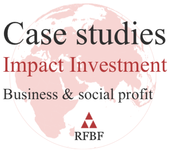
* This is the second in a series of case studies highlighting how companies – in their core business activities – can help reduce religious and cultural tensions, increase social understanding, and promote peace. This case study does not imply an endorsement of any company profiled. The Religious Freedom & Business Foundation has no tie to any of the companies profiled.
To stay up to date, subscribe to our Newsletter!





